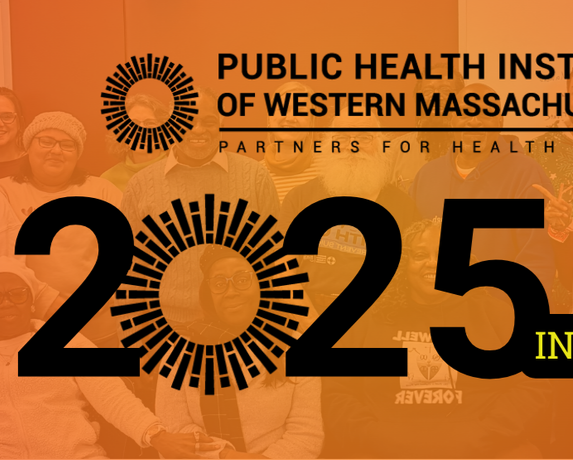We can build new bridges to health
![“It is easy to become immobilized by injustice. At times it all feels like too much. [Robert Wood Johnson Foundation’s] “Bridge to Health” model offers some hope that we have the agency to replace these old bridges with new ones that enable everyone to thrive.”](https://lirp.cdn-website.com/8a359c3c/dms3rep/multi/opt/Keleigh+Waldner+Nov2024+RHE+Guide+Blog-ce4d95fb-1920w.png)
Keleigh Waldner is the Senior Manager of Communications and Research at the Public Health Institute of Western Massachusetts.
She writes, "When someone asks me how to explain structural racism or social determinants of health, I often direct them to Robert Wood Johnson Foundation’s 'Bridge to Health' model. The bridge metaphor illustrates structural racism in an accessible way. One bridge is built to safely carry people to their destination of good health, while the other is intentionally constructed with barriers.
I appreciate this metaphor because it highlights the human role in creating systems and practices that value some lives more than others. This isn’t a natural occurrence; it’s the result of intentional decisions over time. Given the rise in rhetoric suggesting that our genes are responsible for our intelligence or criminality, it feels important to emphasize this point. Inequality isn’t genetic, rather, it is deeply steeped into our policies, systems, and environments.
It is easy to become immobilized by injustice. At times it all feels like too much. The 'Bridge to Health' model offers some hope that we have the agency to replace these old bridges with new ones that enable everyone to thrive."
share this
Related Articles




